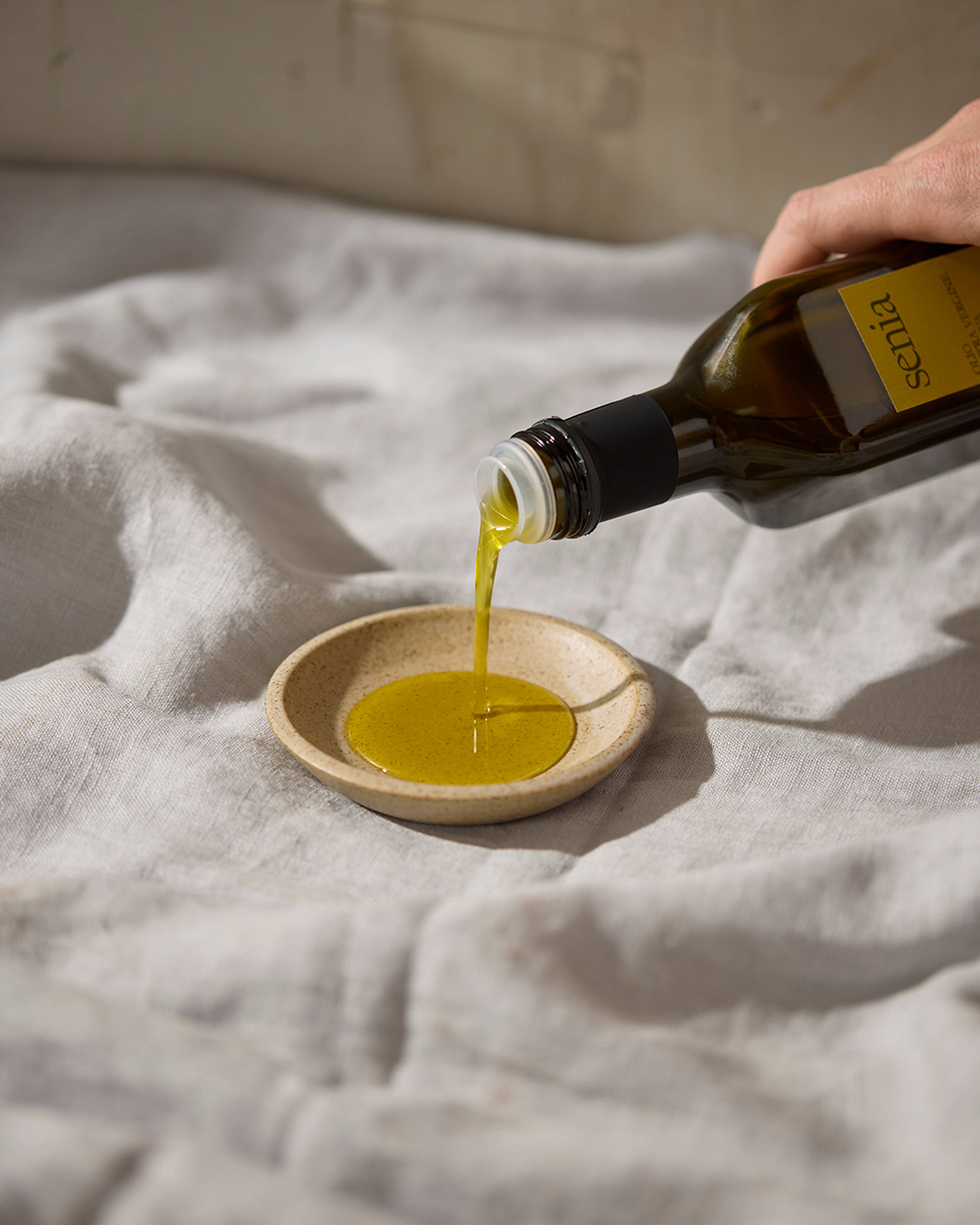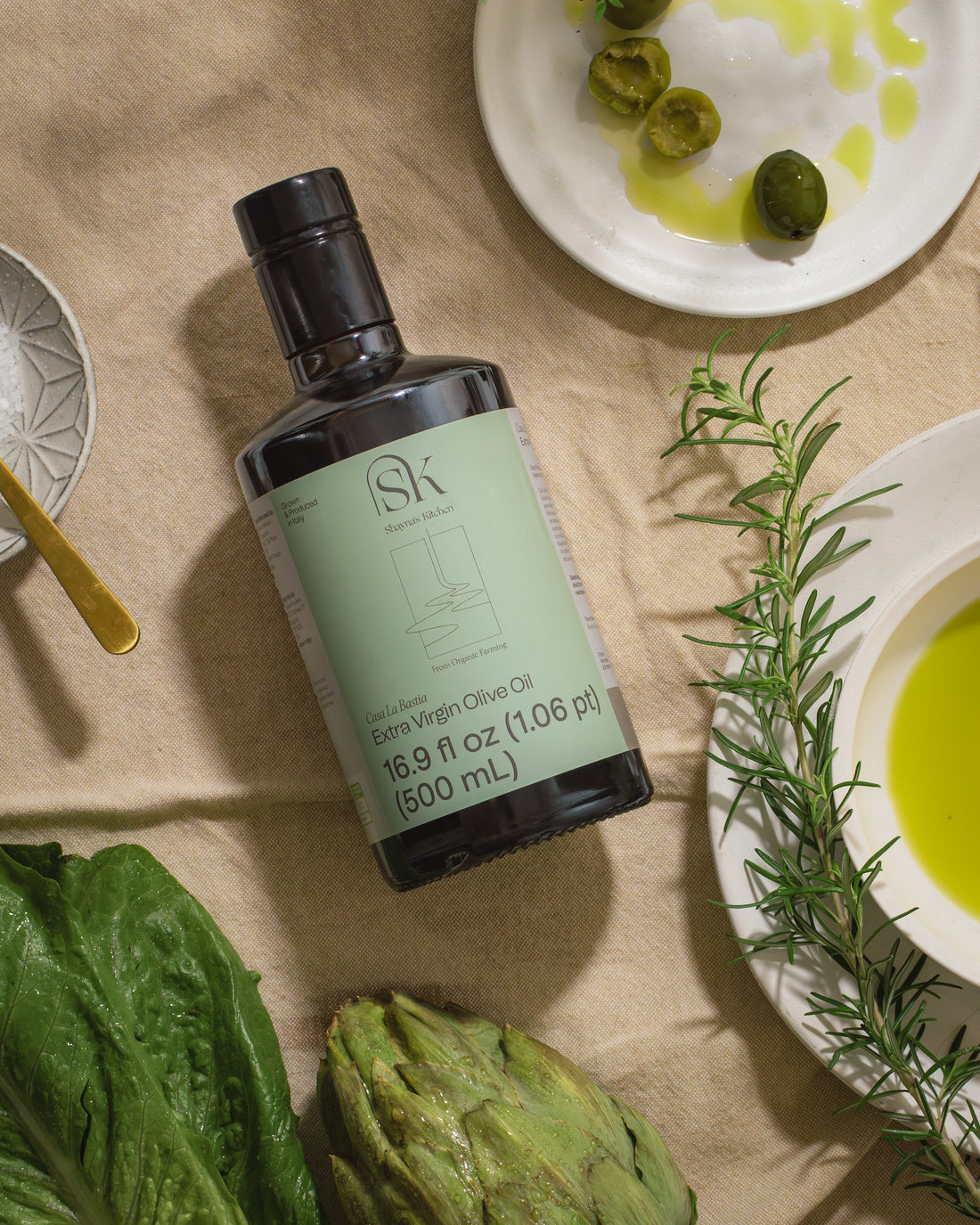Exploring the Different Sorts Of Olive Oil and Their Usages, Consisting Of Additional Virgin Olive Oil
The exploration of olive oil incorporates a varied range of kinds, each offering culinary applications and unique tastes. Bonus virgin olive oil, renowned for its exceptional top quality and health benefits, offers as a staple in several kitchen areas, yet it is just one aspect of this diverse active ingredient.
What Is Olive Oil?
Originated from the fruit of the olive tree, olive oil is a staple in Mediterranean food and a vital ingredient in various culinary applications. This functional oil is generated by pressing whole olives, leading to a fluid that varies in fragrance, color, and flavor relying on the kind of olives used, the region of farming, and the removal process. Olive oil is primarily composed of monounsaturated fats, especially oleic acid, which is recognized for its possible health and wellness advantages, consisting of anti-inflammatory residential properties and cardio assistance.
In enhancement to its cooking usages, olive oil has a lengthy history of application in conventional medicine and skincare, owing to its rich antioxidant content (extra virgin olive oil benefits). The oil is commonly utilized in dressings, marinates, and for cooking approaches such as sautéing and roasting. Its distinctive taste profile can enhance the taste of numerous meals, making it a crucial component for both home chefs and specialist chefs
Additionally, olive oil is commemorated for its function in the Mediterranean diet plan, which is related to countless health and wellness benefits. As understanding of these advantages expands, olive oil continues to acquire popularity worldwide as a basic part of a healthy way of life.
Kinds of Olive Oil
Comprehending the various kinds of olive oil is vital for both culinary fanatics and health-conscious consumers. Olive oil is classified primarily based upon its extraction approach and quality, which significantly impacts its scent, flavor, and health and wellness advantages.

Light olive oil, in spite of its name, refers to a lighter taste and not reduced calories. It is suitable for those looking for a much more refined preference in dressings and marinades. In addition, there are flavorful olive oils infused with herbs, seasonings, or citrus, which can improve meals without the requirement for additional flavoring.
Each sort of olive oil serves specific cooking functions, and understanding these distinctions enables consumers to make informed options that line up with their food preparation designs and health goals.
Bonus Virgin Olive Oil
Extra virgin olive oil (EVOO) is commonly regarded as the best olive oil available, popular for its rich taste and various health advantages. To be classified as added virgin, the oil should be produced from fresh olives utilizing mechanical processes, without the usage of solvents or excessive warmth. This precise method maintains the oil's natural tastes, anti-oxidants, and healthy fats, causing an item with a low acidity degree of less than 0.8%.
EVOO is bountiful in monounsaturated fats, particularly oleic acid, which is connected to lowered inflammation and boosted heart health. It also consists of polyphenols, powerful anti-oxidants that might offer protective results versus persistent diseases. The flavor account of EVOO can vary substantially depending upon the olive range and area why not try this out of production, ranging from fruity and verdant to robust and peppery.

Culinary Uses of Olive Oil

In cooking, olive oil can be used for sautéing, roasting, and grilling, providing a healthier alternative to butter or other fats. Its high smoke factor makes it ideal for numerous cooking approaches, while its anti-oxidants add to a heart-healthy diet regimen. Sprinkling olive oil over completed meals, such as pasta, fish, or barbequed vegetables, can elevate flavors and include a touch of style.
In addition, olive oil plays a substantial duty in cooking, where it can replace conventional fats in recipes for bread and breads, giving wetness and a refined preference. It likewise acts as a base for instilled oils, permitting cooks to try out flavors such as garlic, natural herbs, or chili, better increasing its culinary potential. On the whole, olive oil's convenience makes it crucial in both home and expert kitchen areas.
Choosing Top Quality Olive Oil
When choosing top quality olive oil, it's necessary to consider several crucial elements that influence the item's health and wellness, fragrance, and flavor advantages. First and primary, decide for added virgin olive oil (EVOO), which is acquired from the first cool pressing of olives and consists of the highest degrees of antioxidants and helpful compounds. Look for oils that are licensed by recognized organizations, as this usually guarantees adherence to rigid quality standards.
The product packaging additionally plays a significant duty in preserving the oil's integrity. Select oils saved in dark glass containers or tins to protect against light deterioration. Pay focus to the harvest date; fresher oils use exceptional flavor and dietary worth, so pick items that are within 18 months of their harvest.
In addition, consider the origin of the oil. High-grade olive oils frequently come from particular regions known for their unique flavor accounts, such as Italian, Spanish, or Greek oils. Be mindful of the preference; a great top quality olive oil need to have an equilibrium of fruity, bitter, and sharp notes, suggesting its additional hints splendor and complexity. By examining these aspects, you can ensure you are selecting the best olive oil for your culinary needs.
Conclusion
In summary, the expedition of various types of olive oil discloses distinctive attributes and applications, with additional virgin olive oil representing the peak of high quality because of its low level of acidity and high antioxidant material. Its convenience in cooking uses boosts tastes in dressings, marinates, and drizzles. Recognizing the different varieties of olive oil permits for educated selections in food preparation approaches, promoting healthier practices while enhancing the general gastronomic experience. Quality selection remains critical for optimum benefits.
Acquired from the fruit of the olive tree, olive oil is a staple in Mediterranean food and an essential active ingredient in different cooking applications.The most usual kinds of olive oil consist of fine-tuned olive oil, pure olive oil, and light olive oil.Extra virgin olive oil (EVOO) is extensively concerned as the highest possible quality olive oil offered, popular for its rich flavor and countless health benefits. Choose for added virgin olive oil (EVOO), which is derived from the very first cool pushing of olives and includes the greatest degrees of anti-oxidants and useful substances.In summary, the expedition of various types of olive oil exposes distinctive characteristics and applications, with additional virgin olive oil standing for the peak of high quality due to its reduced level of acidity and high antioxidant web content.